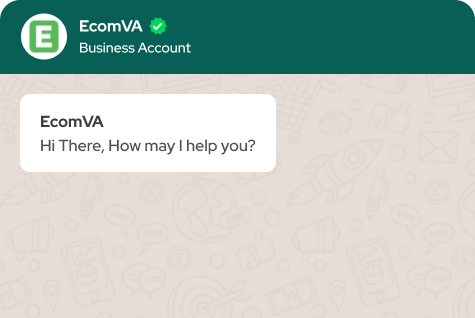Content Marketing
Content marketing is a strategic marketing approach focused on creating and distributing valuable, relevant, and consistent content to attract and engage a target audience. This content can take various forms, such as blog posts, videos, infographics, and social media posts, and it serves to inform, entertain, or educate the audience while promoting a brand’s products or services.
Key Components of Content Marketing:
1. Content Creation:
High-quality and relevant content is at the core of content marketing. Brands that publish 16 or more blog posts per month get 3.5 times more traffic than those that publish 0-4 posts.
2. Audience Research:
Understanding the target audience’s needs, preferences, and pain points is crucial for creating content that resonates. 60% of marketers create at least one piece of content each day.
3. Content Distribution:
Effective distribution ensures that content reaches its intended audience. Social media, email marketing, and SEO are popular distribution channels.
4. Storytelling:
Effective content marketing often involves storytelling. 55% of consumers are more likely to buy a product if they enjoy a brand’s story.
5. Consistency:
Consistency in content production and publication is key. Brands that publish content consistently can increase their blog traffic by up to 30%.
6. Analytics and Measurement:
Tracking and analyzing content performance helps in refining content marketing strategies. 91% of B2B marketers use content marketing to reach their audience.
Why Content Marketing Matters:
Content marketing is integral to modern marketing strategies, as reflected by these key numbers and statistics:
Cost-Effective: Content marketing costs 62% less than traditional marketing and generates about 3 times as many leads.
Lead Generation: Content marketing generates approximately 3 times as many leads as outbound marketing.
Customer Trust: 70% of consumers feel closer to a company after reading custom content, fostering trust and loyalty.
Educational Value: 96% of B2B buyers want content with more input from industry thought leaders.
SEO Impact: Websites with blogs have 434% more indexed pages, which leads to higher search engine visibility.
Conversion Rates: Content marketing has a conversion rate that is 6 times higher than other methods.
Competitive Edge: 63% of companies consider content marketing the most effective way to differentiate themselves from competitors.
In summary, content marketing is a powerful marketing strategy that revolves around creating and distributing valuable content to engage and educate a target audience. It offers cost-effective lead generation, fosters customer trust, and boosts brand visibility. Embracing content marketing is essential for businesses aiming to connect with their audience, build authority in their industry, and drive long-term success.




